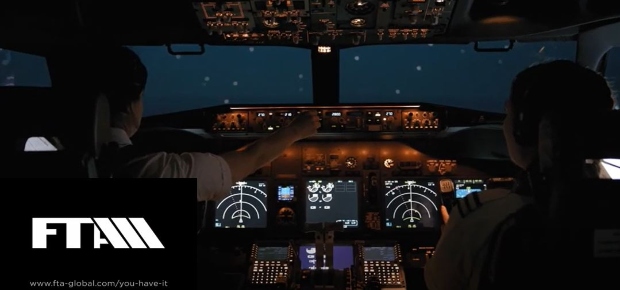 Go to Canterbury Christ CHurch University's website
Go to Canterbury Christ CHurch University's website
 Go to Canterbury Christ CHurch University's website
Go to Canterbury Christ CHurch University's website


2264
University:
Direct Application:
Other Routes:
University:
“I used to dream I would be up there one day, until one day became day one.”